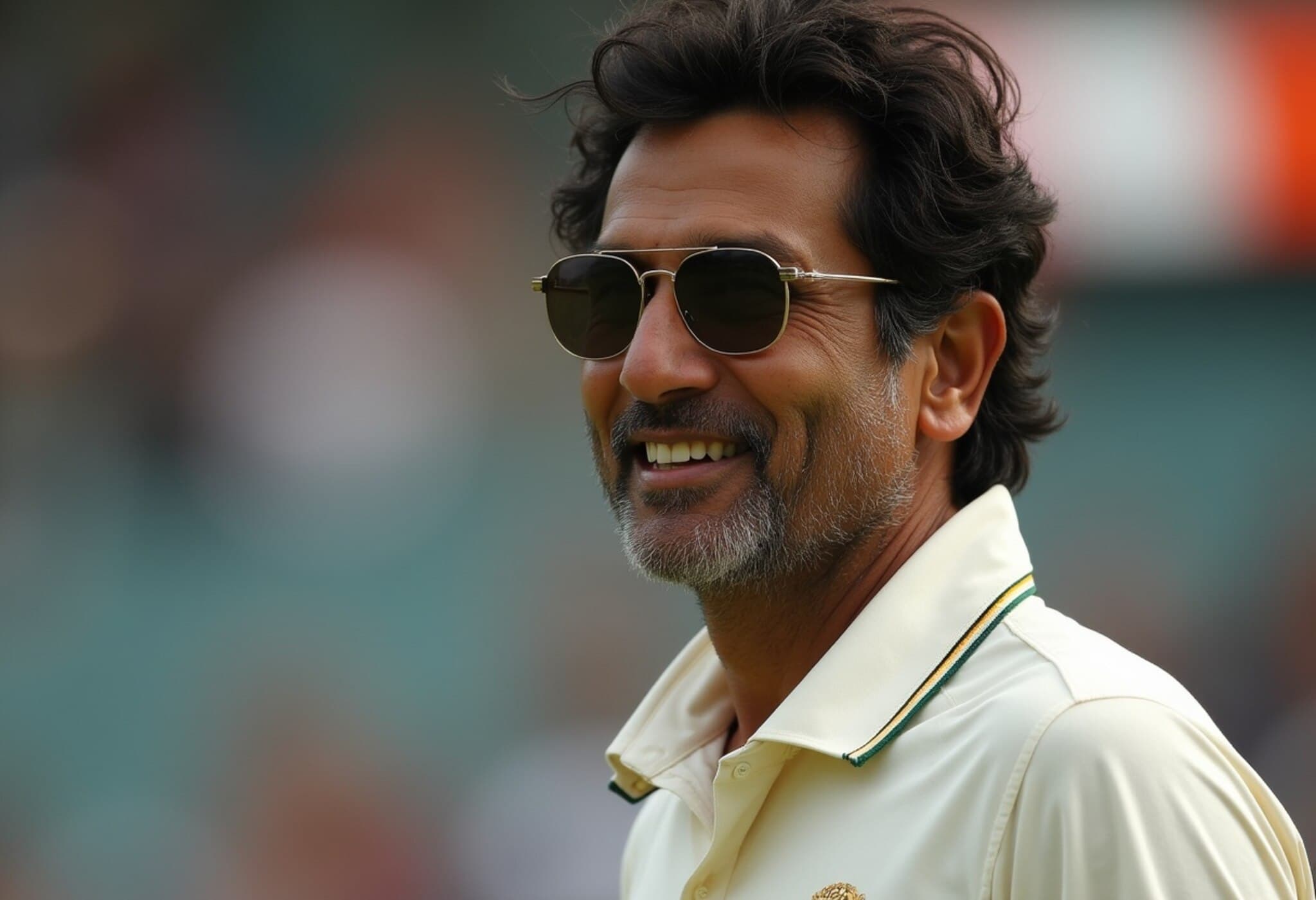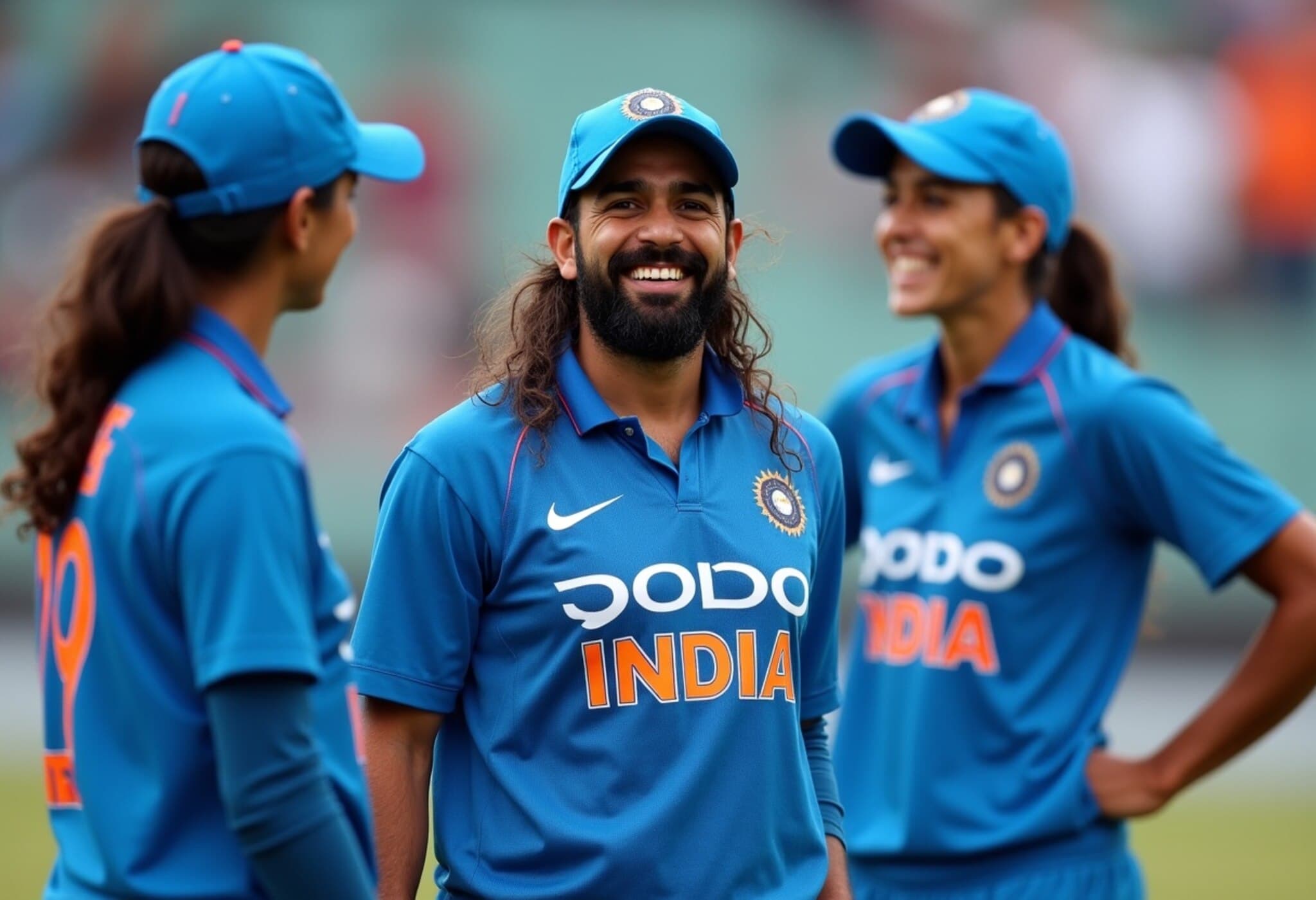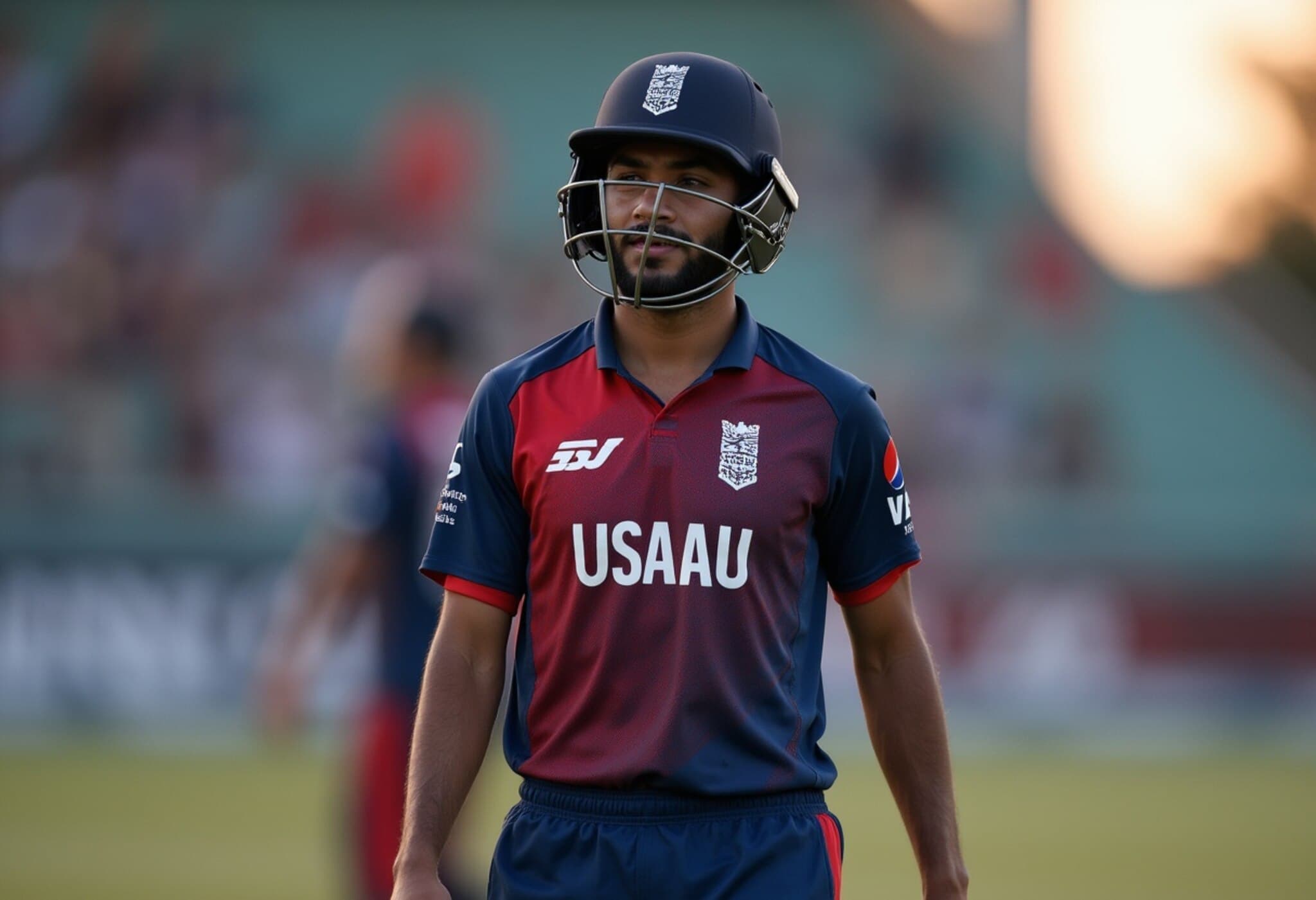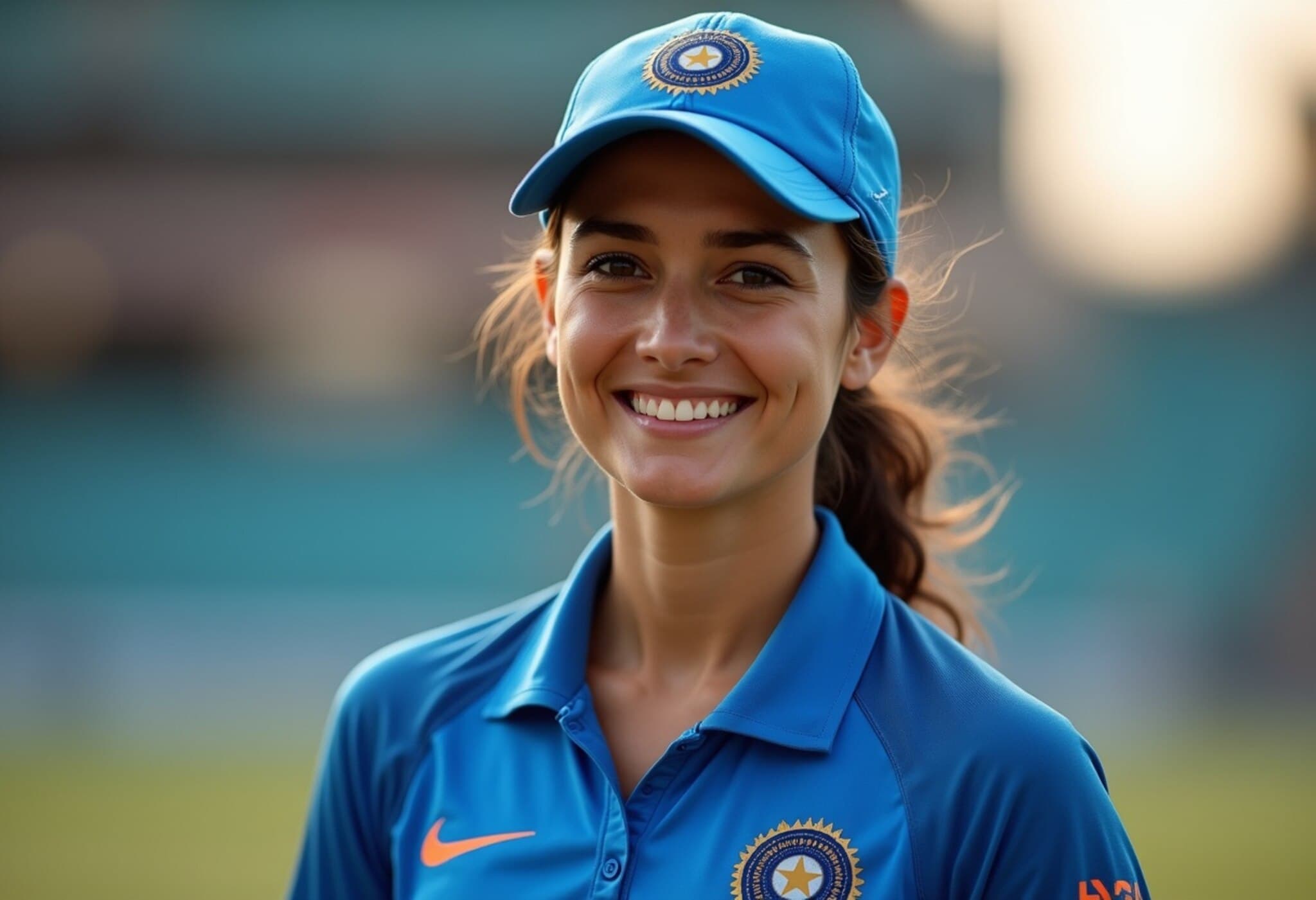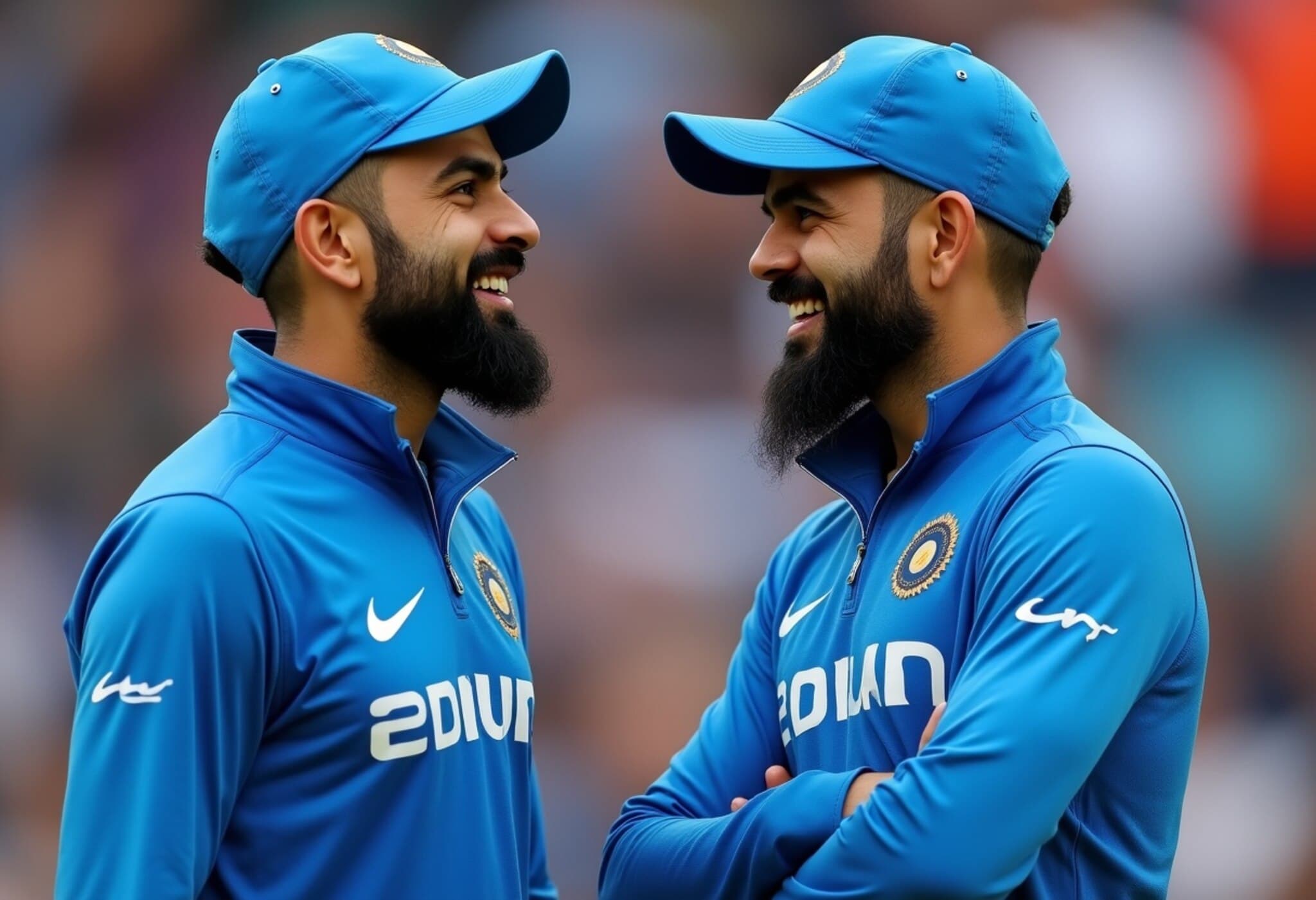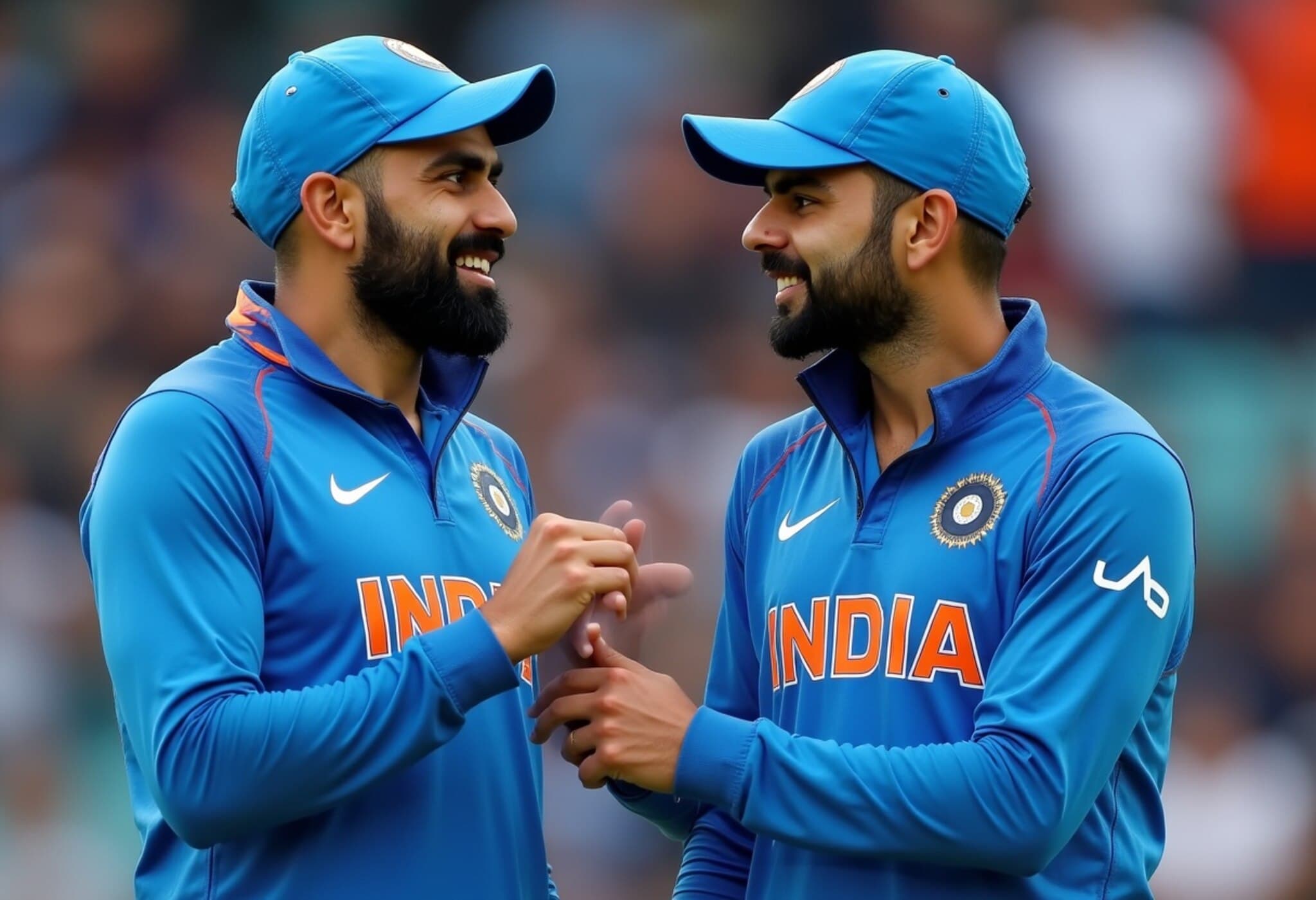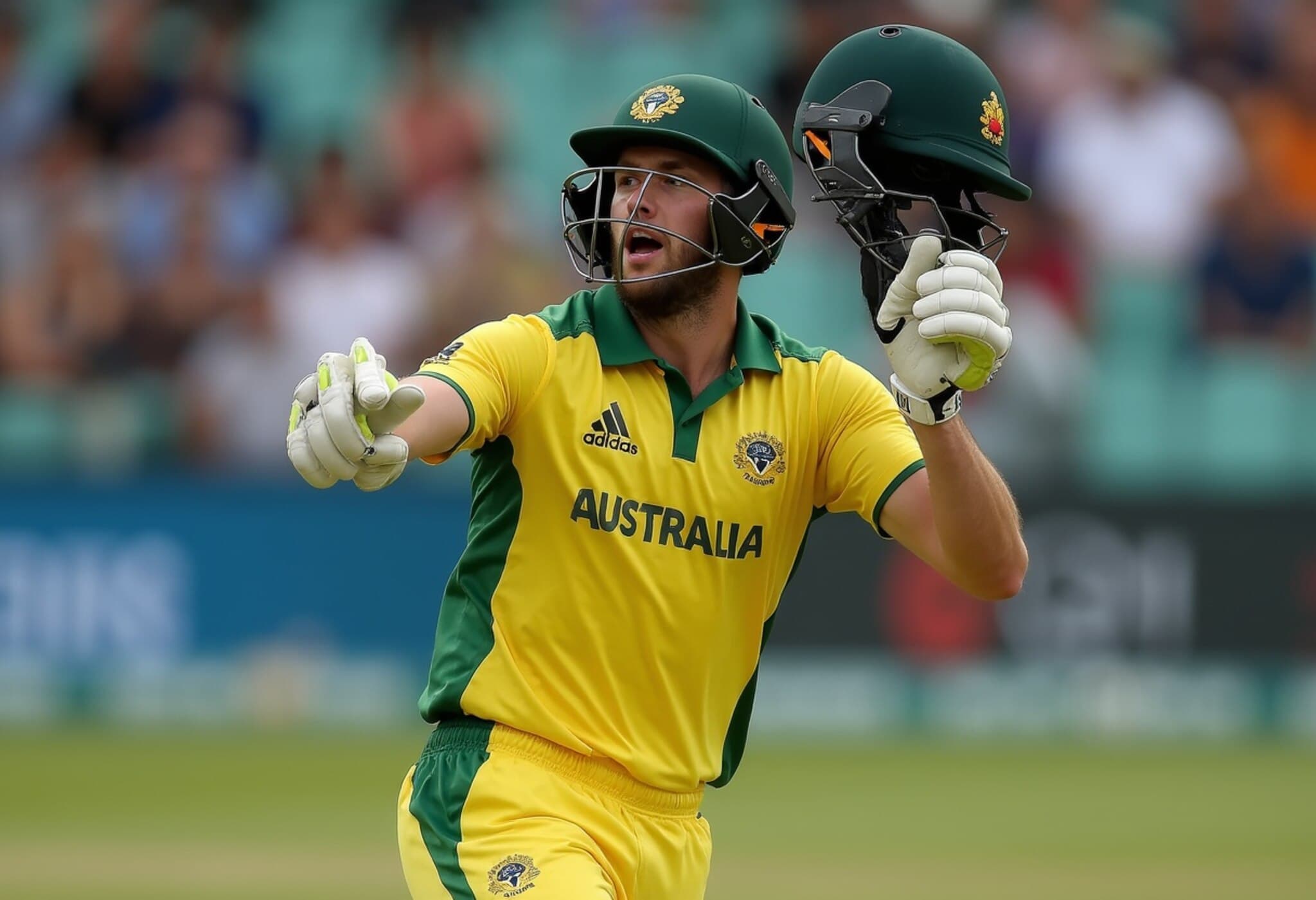Cricket Legend Sachin Tendulkar Opens Up in Reddit AMA
In a riveting and candid Reddit Ask Me Anything (AMA) session, cricket icon Sachin Tendulkar delved into some of the most intriguing moments of his illustrious career, offering fans a rare glimpse into his thoughts behind the scenes. From umpiring controversies to World Cup strategies, the ‘Little Master’ displayed his characteristic wit, wisdom, and warmth, making the AMA a memorable occasion for cricket lovers worldwide.
Reflecting on Controversial Umpiring: The Steve Bucknor Episode
One of the standout moments of the session involved Tendulkar’s humorous yet pointed reflections on his frequent clashes with former West Indian umpire Steve Bucknor. Fans familiar with cricket history will recall that Bucknor’s decisions against Tendulkar had sparked considerable debate during the pre-Decision Review System (DRS) era.
With a twinkle in his eye, Tendulkar joked that Bucknor should be given boxing gloves to stop him from raising his finger for dismissals so often, capturing the frustration shared by many followers of the game.
The Call for Revisiting DRS Rules
Beyond humor, Tendulkar ventured into a thoughtful critique of the DRS ‘Umpire’s Call’ rule. Having experienced firsthand the imperfections of umpiring before technology’s assistance, he expressed a strong opinion that the current ‘Umpire’s Call’ provision should be removed.
He elaborated, “Technology, even when inaccurate, will be consistently inaccurate.” He feels that once a player challenges an umpire’s decision, the technology should have the final say, encouraging a greater trust in technological accuracy over human error.
This perspective opens an important debate within the cricketing community about balancing respect for the on-field umpire's calls with the need for precision in decisions that can change matches.
Inside the 2011 World Cup Final: Dhoni Ahead of Yuvraj?
Another highlight was Tendulkar’s explanation behind the tactical decision to send MS Dhoni ahead of the in-form Yuvraj Singh during the 2011 World Cup final — a move that left many cricket analysts pondering.
Tendulkar revealed that the choice was driven by a clever strategic approach to counter Sri Lanka’s formidable spin attack:
- Maintaining a left-right batting combination to disrupt the rhythm of Sri Lanka’s two off-spinners.
- Dhoni’s prior experience playing against Muttiah Muralitharan—both in practice nets and with Chennai Super Kings—made him a reliable choice in those critical moments.
This insight showcases the nuanced tactical planning that goes into match-winning decisions, often unseen by the casual viewer.
Dealing with Expectations: A Nation's Hopes as Motivation
When asked about the immense pressure of carrying a billion-plus nation’s expectations since he was just 16, Tendulkar’s response was as inspiring as it was humble.
Far from viewing the weight of expectations as a burden, he described them as a positive driving force, saying, “When a billion+ are behind you, they propel you forward.” This attitude not only defined the greatness of his career but also resonates deeply with anyone facing high demands in their own lives.
Expert Perspective: The Broader Impact of Tendulkar’s AMA
Tendulkar’s reflections invite a broader discussion about the evolution of cricket technology and umpiring. The call to revisit the Umpire’s Call in DRS aligns with ongoing debates within the ICC and among cricket statisticians regarding fairness and consistency in decision-making tools.
Moreover, his insights into tactical innovation during the 2011 World Cup final remind us how sport is as much a game of intellect as of skill — a lesson applicable beyond cricket into competitive strategy in business and politics.
What Lies Ahead?
As cricket continues to embrace modern technology and data analytics, voices like Tendulkar’s carry significant weight. His blend of experience and reasoned critique could help shape future policies ensuring the game remains fair, exciting, and true to its spirit.
Editor’s Note
Sachin Tendulkar’s Reddit AMA transcended mere nostalgia, shedding light on critical cricketing issues such as the role of technology in umpiring and the subtle art of match strategy. His advocacy to remove the Umpire’s Call from DRS challenges cricket authorities to rethink the balance between technology and human judgment. Additionally, his candid revelations about pressure and motivation offer universal lessons on resilience and leadership. As fans and policymakers digest these insights, a compelling question remains: how will the game evolve to honor tradition while embracing innovation?

